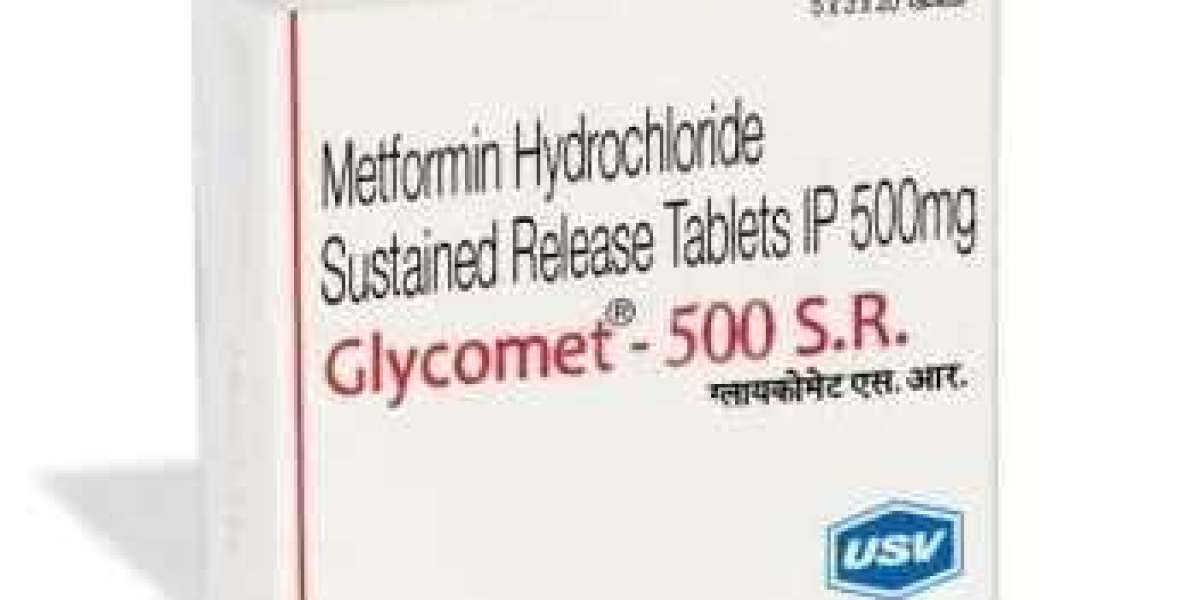Metformin Hcl 500 mg is a widely used medication for managing type 2 diabetes. It helps control blood sugar levels by improving the body's response to insulin and reducing the amount of glucose produced by the liver. However, certain foods can interact with Metformin and either reduce its effectiveness or cause unwanted side effects. Here's a guide on what foods to avoid while taking Metformin:
Alcohol
Alcohol can increase the risk of lactic acidosis, a rare but serious side effect of Metformin.
Lactic acidosis occurs when there's a buildup of lactic acid in the blood. Symptoms include weakness, trouble breathing, stomach pain, and an irregular heartbeat. Avoid excessive alcohol consumption while on Metformin Hydrochloride 500 mg to lower this risk.
Grapefruit
Grapefruit and its juice can interfere with how Metformin is absorbed in the body.
Grapefruit contains compounds that inhibit certain enzymes responsible for drug metabolism. This can lead to higher levels of Metformin in the bloodstream, potentially causing side effects like nausea, vomiting, or diarrhea. It's best to avoid grapefruit products or consult your doctor for guidance.
High-Carb Foods
Foods high in carbohydrates can spike blood sugar levels, counteracting Metformin's effects.
Metformin works to lower blood sugar, so consuming large amounts of high-carb foods like sugary snacks, white bread, or sweetened beverages can work against its intended purpose. Opt for complex carbohydrates, such as whole grains, vegetables, and fruits with a low glycemic index, to support Metformin's efficacy.
Fatty Foods
High-fat meals can delay the absorption of Metformin and affect its effectiveness.
Fatty foods can slow down the digestion and absorption of medications, including Metformin. This delay may lead to fluctuations in blood sugar levels and make it harder to manage diabetes. Try to consume balanced meals with moderate amounts of healthy fats to avoid these issues.
Calcium-Rich Foods
Calcium supplements or dairy products can interfere with Metformin absorption.
Calcium can bind to Metformin in the digestive tract, reducing its absorption into the bloodstream. If you take calcium supplements or consume dairy products, it's advisable to separate them from your Metformin dose by a few hours to minimize this interaction.
Caffeine
Excessive caffeine intake can affect blood sugar levels and may interact with Metformin.
While moderate caffeine consumption is generally safe, excessive intake can lead to fluctuations in blood sugar levels, especially in individuals with diabetes. Monitor your caffeine intake and its effects on your blood sugar while taking Metformin.
Certain Medications
Some medications can interact with Metformin, affecting its efficacy or causing adverse effects.
Inform your healthcare provider about all medications, supplements, and herbs you are taking, as they can interact with Metformin. Drugs like certain antibiotics, antifungals, or blood pressure medications may require dosage adjustments or close monitoring when taken alongside Metformin.
In conclusion, while Metformin is an effective medication for managing type 2 diabetes, it's essential to be mindful of food and drink choices that can impact its effectiveness or lead to adverse effects. Consult your healthcare provider or a registered dietitian for personalized guidance on dietary considerations while taking Metformin. By making informed choices, you can optimize the benefits of Metformin and better manage your diabetes.



